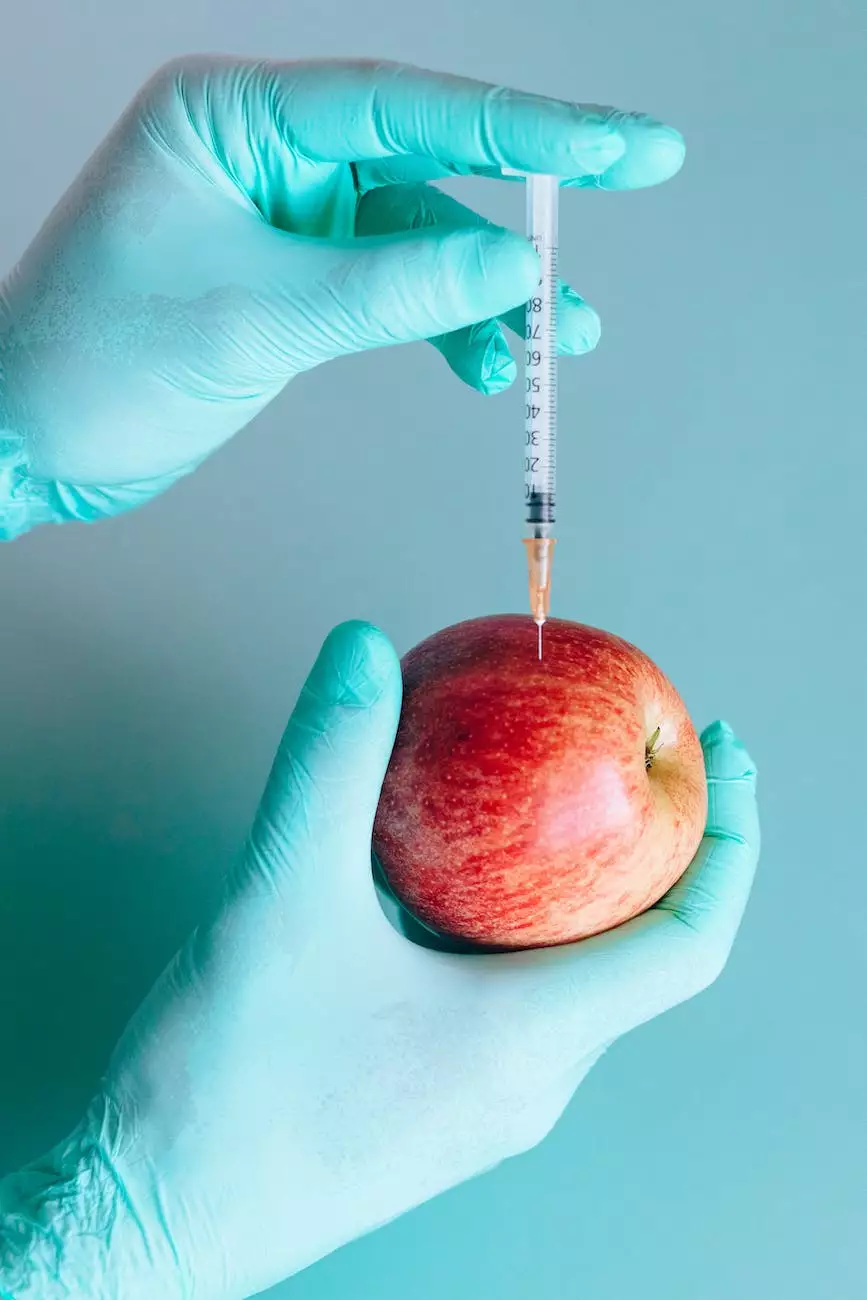How to Prepare for Hurricane Season: In-Home Care Strategies for Emergency Situations

Welcome to Grim Harley, MD, where we provide valuable tips and guidance on how to prepare for hurricane season. With our comprehensive in-home care strategies, you can ensure the safety and well-being of yourself and your loved ones during emergency situations.
Understanding the Importance of Preparedness
In the face of hurricanes and other natural disasters, being prepared is key. In-home care becomes even more crucial during such situations, as individuals with special needs, the elderly, and those with medical conditions require additional support and attention.
Creating an Emergency Plan
Start by developing a detailed emergency plan that caters to your specific needs and circumstances. Consider the following:
- Identification of vulnerable individuals: Assess the unique requirements of family members, neighbors, or patients for whom you provide care. Ensure their needs are included in the emergency plan.
- Communication: Establish a reliable system for staying connected with loved ones and healthcare providers during emergencies. Share contact details, backup plans, and important information.
- Safe shelter: Identify a safe location within your home or community to seek shelter in the event of an evacuation order or severe weather conditions.
- Emergency supplies: Stock up on essential items such as food, water, medications, first aid supplies, flashlights, batteries, and necessary medical equipment.
- Evacuation route: Familiarize yourself with local evacuation routes and develop a plan for transportation if evacuation becomes necessary.
Preparing Your Home
Securing your home is vital to protect against hurricane-related damage. Follow these steps:
- Boarding up windows and doors: Use sturdy materials to board up vulnerable areas to prevent shattering and keep strong winds from entering your home.
- Clearing the surroundings: Remove loose items from your yard, such as patio furniture, potted plants, and lawn decorations, which may become dangerous projectiles in high winds.
- Reinforcing the roof: Hire professionals to inspect your roof and reinforce it as needed to minimize the risk of damage or leaks during a hurricane.
- Backing up important documents: Prepare copies of important documents, such as identification, insurance policies, and medical records, and store them in a waterproof and accessible location.
Ensuring Medical Preparedness
If you or your loved ones require ongoing medical care, it is essential to take additional steps to guarantee medical preparedness during hurricane season. Consider these recommendations:
- Refill prescriptions: Make sure you have an ample supply of necessary medications. Speak with your healthcare provider to ensure you have enough refills to last through potential disruptions.
- Backup power: Consider investing in a generator or backup power source to ensure medical equipment and devices continue functioning, even during power outages.
- Mobility assistance: For individuals with mobility challenges, make arrangements for alternative transportation options or mobility aids in case regular transportation services are unavailable.
Staying Informed and Alert
During hurricane season, it's crucial to stay informed and alert. Follow these steps to stay updated on the latest developments:
- Emergency alerts: Sign up for local emergency alert systems to receive real-time updates and warnings about weather conditions and evacuation orders.
- News and weather updates: Stay tuned to reputable news sources and official weather channels for accurate information and guidance.
- Community resources: Connect with local community organizations and agencies that provide assistance during emergencies. Keep their contact information readily available.
Recovering After the Storm
Once the hurricane has passed, recovery efforts are essential to restore normalcy. Follow these post-storm recovery tips:
- Assessing damage: Conduct a thorough assessment of your property for any damage or hazards. Take photos or videos of the damage for insurance purposes.
- Restoring utilities: Contact utility providers to report any disruptions and inquire about estimated restoration times.
- Seeking medical assistance: In case of injuries or health-related concerns, seek immediate medical attention. Emergency medical services should be contacted in case of life-threatening situations.
- Emotional support: Natural disasters can be emotionally taxing. Reach out to friends, family, or support groups for emotional support and guidance.
Conclusion
Preparing for hurricane season is a responsibility we all share. With our in-home care strategies, Grim Harley, MD aims to equip you with the knowledge and resources to protect yourself and your loved ones during emergency situations.
Remember, thorough planning, securing your home, ensuring medical preparedness, staying informed, and taking post-storm recovery actions are all crucial steps in weathering hurricanes safely.
Stay safe, stay prepared. Contact Grim Harley, MD for more guidance and expert advice on hurricane preparedness and in-home care strategies.









